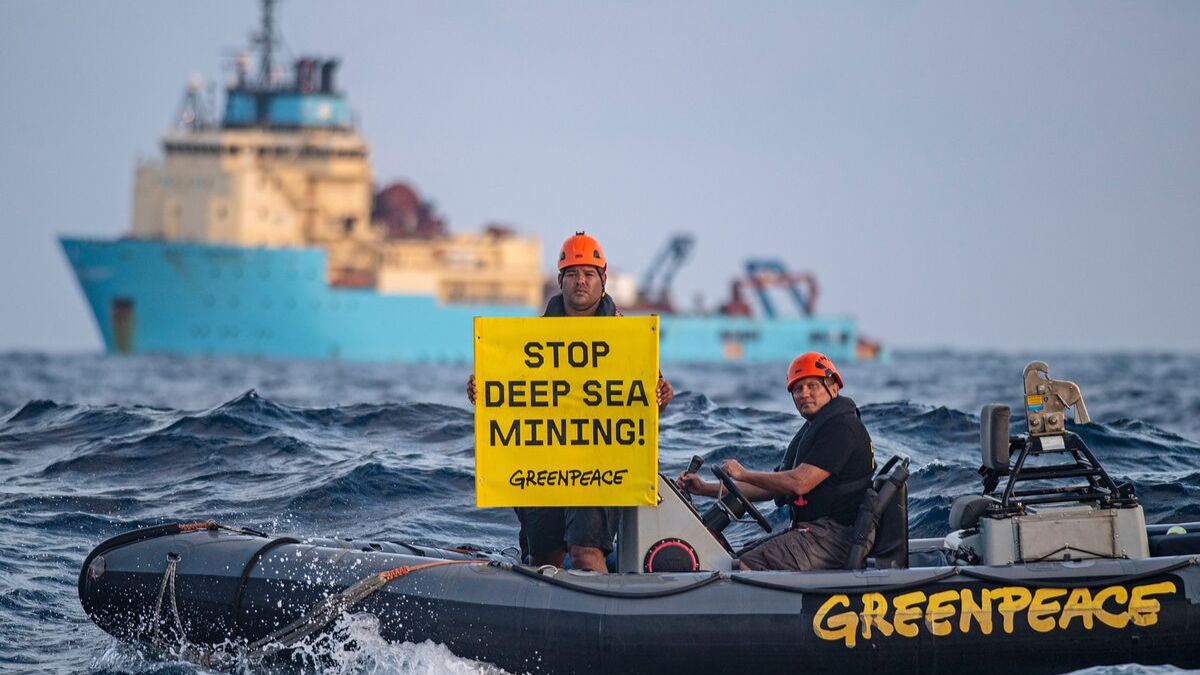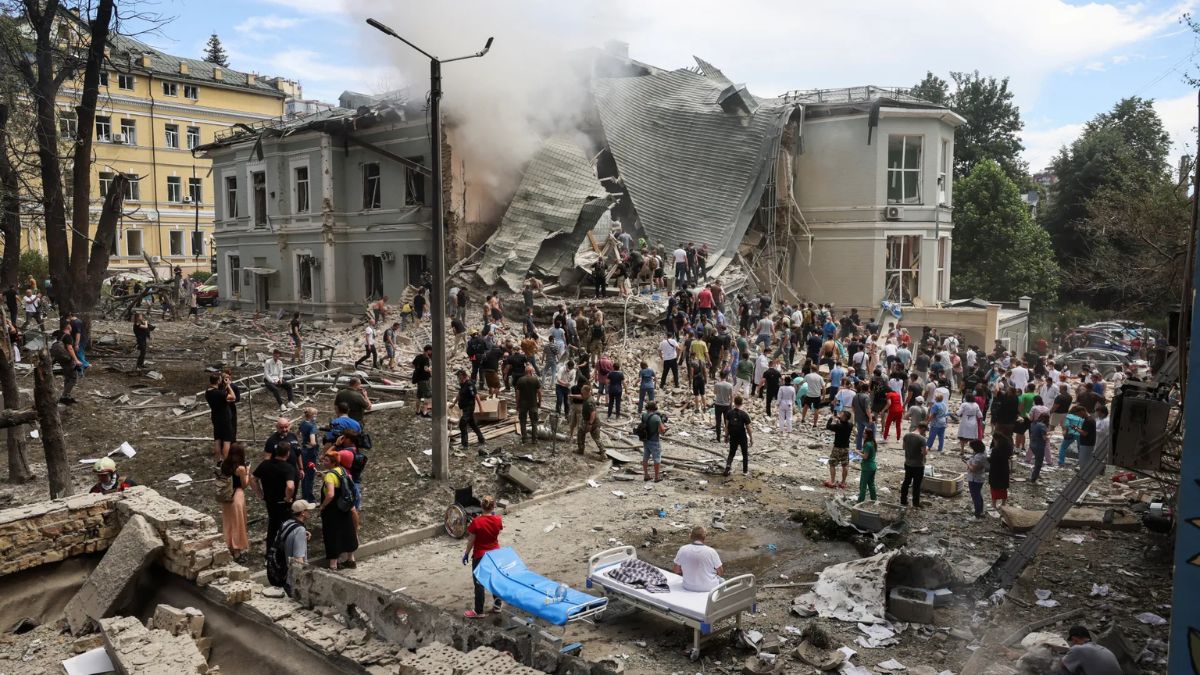Russia possesses a stockpile of potent, new missiles “ready for deployment,” President Vladimir Putin declared, a day after his nation launched a novel ballistic missile at the Ukrainian city of Dnipro.
In an unscheduled televised address, the Russian leader asserted that the Oreshnik missile was impervious to interception and vowed to conduct further tests, including in “real-world combat situations.”
Escalating Tensions in the War
Russia’s employment of the Oreshnik marked a week of escalating tensions in the war, which also witnessed Ukraine firing US and British missiles into Russia for the first time.
Ukrainian President Volodymyr Zelensky urged world leaders to deliver a “serious response” so that Putin “understands the true consequences of his actions.”
His nation was seeking advanced air defense systems from Western partners, he added. According to the news agency Interfax-Ukraine, Kyiv aims to acquire the US Terminal High Altitude Area Defense (THAAD) system or upgrade its Patriot anti-ballistic missile defense systems.
Putin’s Claims and the Dnipro Attack
In Friday’s address, Putin stated that the Oreshnik hypersonic missiles traveled at ten times the speed of sound and ordered their production. He previously claimed that the missile’s use was a retaliation for Ukraine’s deployment of Storm Shadow and Atacms missiles.
“Thursday’s strike on Dnipro was deemed unusual by eyewitnesses and triggered explosions that lasted for three hours.”
The attack involved a missile so powerful that Ukrainian officials likened it to an intercontinental ballistic missile (ICBM) in the aftermath.
Justin Crump, CEO and founder of the risk advisory firm Sibylline, told the BBC that Moscow likely employed the strike as a warning, noting that the missile—faster and more advanced than others in its arsenal—has the capacity to seriously challenge Ukraine’s air defenses.
Global Warnings Amid Escalation
This week’s escalation has also prompted several warnings from other world leaders regarding the trajectory of the Russia-Ukraine war.
“The war was entering a decisive phase, with a genuine risk of global conflict,” asserted Polish Prime Minister Donald Tusk.
Hungarian Prime Minister Viktor Orban, meanwhile, advised the West to take Vladimir Putin’s warnings “seriously” as Russia “bases its policies primarily on military power.”
North Korea’s leader Kim Jong Un cautioned that the threat of nuclear war had never been greater and accused the US of pursuing an “aggressive and hostile” policy toward Pyongyang.
North Korea has dispatched thousands of troops to fight on Russia’s side, and Ukrainian forces have reported clashes with them in Russia’s Kursk region, where Ukrainian troops occupy some territory.
US and China’s Responses
US President Biden confirmed that he authorized Ukraine to use longer-range Atac missiles against targets within Russia in response to Moscow’s deployment of North Korean troops.
Russia launched a full-scale invasion of Ukraine in February 2022. Both nations are now striving to gain a battlefield advantage before the new US president takes office in January.
The incoming US president has pledged to end the war swiftly but has not disclosed specific details on how.
In his nightly address, Zelensky also criticized China’s response to Moscow’s new missile, after China’s foreign ministry urged all parties to “remain calm and exercise restraint.”
“From Russia, this is a mockery of the position of states such as China, states of the Global South, some leaders who call for restraint every time,” he remarked.
Zelensky’s Defiance and Call for Action
He also criticized the Ukrainian parliament for postponing a session on Friday due to security concerns following the attack on Dnipro.
In a Telegram post, he stated:
“Unless an air raid siren sounded, everyone should continue working as usual and not perceive Russian threats as ‘permission to take a day off.’
The siren sounds – we go to shelter. When there is no siren – we work and serve. There is no other alternative in wartime,” he declared.




